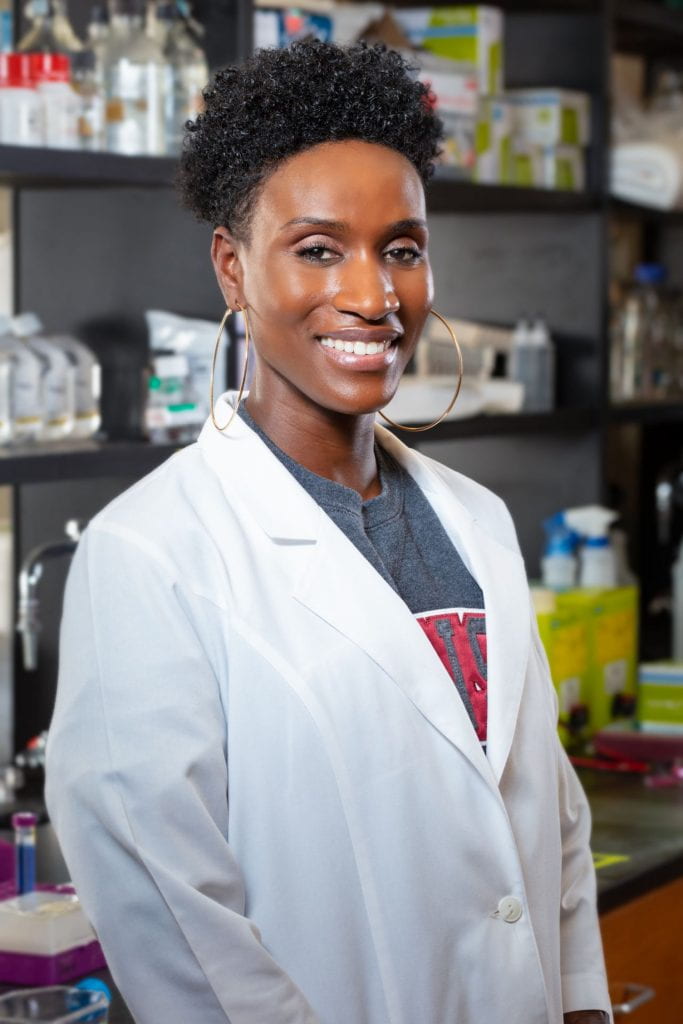By: Taylor Sheffield
Fayetteville, Ark. (UATV): The Bailey Laboratory was founded by Dr. Tameka Bailey.
Background:
Dr. Bailey is from Gould, Arkansas, and attended the University of Arkansas at Pine Bluff to complete her undergrad. Dr. Bailey then went on to get her PhD from the University of Arkansas, where she was recruited by the Director of Cell and Molecular Biology, Dr. Douglas Rhoads.
Once she completed her doctorate at the University, Dr. Bailey was hired as an assistant professor at UAPB. Dr. Bailey completed her postdoctoral training at the University of Nebraska Medical Center, where she was mentored by Dr. Hamid Band.
Dr. Bailey’s post-grad research was promoted by Susan G. Komen and Post Doctoral Fellowship.
Currently:
Dr. Bailey is currently teaching at the University of Arkansas as a Research Assistant Professor in the Biology Department. Dr. Bailey works with a team of undergraduate and graduate students, studying the molecular mechanism of triple-negative breast cancer specifically in African American women.
Why African American women are at a higher risk of breast cancer is the question. Luminal A, Luminal B, Human Epidermal Receptor 2 positive or enriched, Triple Negative Breast Cancer (TNBC), and/or Basal-like are the four main subgroups of breast cancer. Triple Negative Breast Cancer is the most common cause of death in premenopausal African American women.
Therapy for TNBC includes chemoresistance, radioresistance, and tumor recurrence. Dr. Bailey’s main goal in her laboratory is to identify the molecules of TNBC, primarily focusing on the brain and liver.
TNBC has a high probability of moving from the breast to the brain, and Dr. Bailey wanted to understand the molecular mechanism of this; and why it occurs. The reason is, is patients who develop TNBC brain metastases live three to six months post-diagnosis.
Within her laboratory, she strives to create a family structure, as the research can be intense. Primarily using in-vivo models where they look at how TNBC cells behave. As a group, they isolate proteins from cells and look at how they perform from the breast to the brain.
Facts about TNBC:
Four out of five women are likely to be obese, and obesity is an underlying risk factor for breast cancer.
According to the American Cancer Society, the mortality rate for breast cancer affects African-American women the most.
Impact:
Research in this laboratory was partly funded by the University of Arkansas Chancellor’s Grant for Innovation and Collaboration and the University of Arkansas for Medical Sciences Arkansas Breast Cancer Program.



